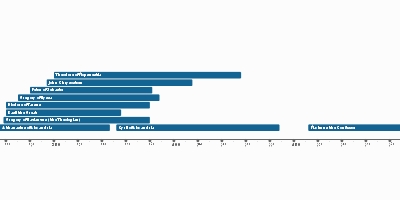Polycarp of Smyrna (jan 1, 69 – jan 1, 155)
Description:
Early Life and Background-Born around 69-70 CE, likely in Smyrna (modern-day Izmir, Turkey).
-A disciple of John the Apostle, connecting him directly to the apostolic tradition.
Role in the Early Church
-Became Bishop of Smyrna, a prominent position in the early Christian church.
-Known for his piety, leadership, and steadfast faith.
Significant Writings
-Authored the Epistle to the Philippians, which addresses issues of righteousness, the resurrection, and steadfastness in faith.
-His letter is one of the earliest examples of Patristic literature and provides insight into early Christian theology and practice.
Teachings and Influence
-Emphasized the importance of adhering to the teachings of Jesus and the apostles.
-Known for his opposition to heresies such as Gnosticism and Marcionism.
-Advocated for the preservation of apostolic tradition and the unity of the church.
Encounter with Heresy
-Engaged in theological debates with Marcion, a prominent heretic, whom he reportedly called "the firstborn of Satan."
Martyrdom
-Arrested and martyred around 155-160 CE during a period of persecution under the Roman Empire.
-According to the "Martyrdom of Polycarp," he was burned at the stake and then stabbed when the fire did not consume him.
-Famous for his declaration before his execution: "Eighty and six years have I served Him, and He has done me no wrong. How can I blaspheme my King and Savior?"
Legacy
-Regarded as one of the Apostolic Fathers, a group of early Christian writers who had direct connections to the apostles.
-His life and martyrdom were recorded by eyewitnesses, making his story one of the earliest and most detailed accounts of Christian martyrdom.
-His steadfast faith and leadership set a powerful example for future generations of Christians.
Veneration
-Recognized as a saint and martyr in multiple Christian traditions, including Roman Catholic, Eastern Orthodox, Anglican, and Lutheran churches.
-Feast day is observed on February 23 in the Western Church and January 26 in the Eastern Orthodox Church.
-Often depicted in Christian art with symbols of his martyrdom, such as the stake and flames, or holding a book, representing his epistle.
Added to timeline:
Date:
jan 1, 69
jan 1, 155
~ 86 years
